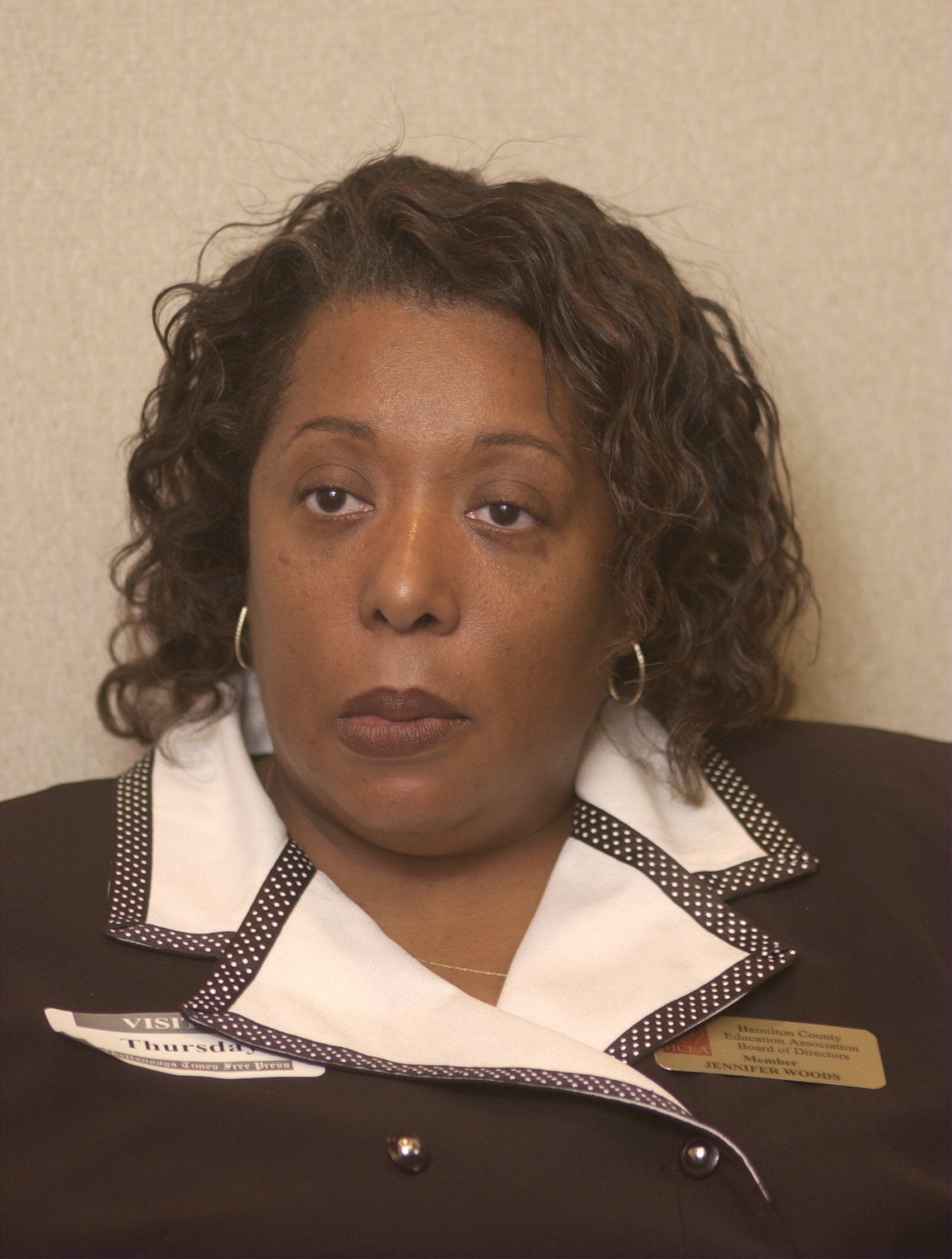When teachers and school leaders begin meeting this week to offer feedback on Tennessee's new teacher evaluation system, it's likely that the controversial component that measures the effectiveness of teachers through test scores will be a common thread of discussion.
Halfway through the first year of implementing a new evaluation system, teachers have had several in-class observations, which make up half their overall scores.
But the effects of another part of the evaluation won't be felt until results come back from standardized tests students take in the spring. And some say the inherent flaws of using test data to judge teachers' performance - data that is referred to as "value-added" - have yet to be addressed.
Teachers who teach core subjects such as math, science, reading and social studies receive a score based on year-to-year student growth on state tests. That complex figure will make up 35 percent of a teacher's overall evaluation score, while 15 percent will stem from another measure that teachers choose.
Though the national debate over the reliability of test scores lingers, the biggest concern in Tennessee comes from teachers who generate no test scores. Those in untested subjects such as music, art and physical education, or untested grades such as kindergarten, will be assigned average scores from the school or the entire system, a move some see as unfair.
Teachers have asked the state to use this first year as a pilot for the evaluations. But that idea was turned down by Gov. Bill Haslam and state Education Commissioner Kevin Huffman.
Amid mounting complaints over the evaluation process, Haslam ordered an independent review of the process by the State Collaborative on Reforming Education, or SCORE, a reform group founded by former U.S. Sen. Bill Frist.
SCORE will gather feedback through roundtable discussions and surveys of teachers, principals, superintendents and other leaders. Discussions begin with a Thursday session in Cookeville. The group is expected to release its findings in a June report.
SCORE spokesman David Mansouri said he expects much of those conversations to center on the classroom observation component of the evaluations, though the group also will gather feedback on the upcoming use of student test data.
"We are going to be getting feedback on all aspects, both what's happened so far with the observations and the perceptions on the data component," he said.
But using SCORE to evaluate the evaluations didn't appease everyone, and more than a dozen bills have been introduced in the Tennessee General Assembly this session to alter the evaluation system.
One, sponsored by Sen. Andy Berke, D-Chattanooga, asks for an independent review of the teacher evaluation system.
Berke wasn't available to comment Friday, but he did release a statement saying the teacher evaluation process should be conducted "thoroughly and thoughtfully."
"These bills start a conversation to ensure that all teachers receive useful feedback that applies directly to their specific classroom situation, and allows them to focus on what's really important: educating our children," Berke's statement said.
Jennifer Woods, an English teacher at Washington Alternative School in Hamilton County, said the state hasn't thought through the implications of assigning school or system averages to teachers who teach subjects without standardized tests.
Washington takes in students who have been removed from other schools for disciplinary problems. Some students may stay only 10 days, while others will stay for an entire school year.
Woods said she's particularly wary of test scores because of the type of students she teaches. It's not fair to penalize teachers for students who simply refuse to participate or take an interest in learning, she said.
"You can do your part, but if a student refuses to participate, how can I make a kid learn something?" Woods asked. "That's a choice they make."
The transient student population means Washington teachers such as Woods will be assigned a systemwide test score, she said.
"We're going to be basically using other people's scores," she said. "To me, that's a form of cheating."
She said she expects the debate to reignite as state test results start coming in this spring and summer.
"I think it's going to be a huge issue very soon," she said.
Woods' situation highlights the national debate over the issue.
"I think the question is: To what extent does the teacher have a direct influence to the scores that are being used?" said Joan Herman, director of the National Center for Research on Evaluation, Standards and Student Testing at UCLA. "And if the answer is not much, it's not very fair."
Kelli Gauthier, spokeswoman for the Tennessee Department of Education, said the state is working to ensure that teachers are using scores that relate to what they're teaching.
"While not a perfect measure, a schoolwide value-added score validates the impact that those such as art, music and early-grades teachers have on the overall academic success of a student," Gauthier said. "Still, we are in the process of developing measures to make certain educators in nontested grades and subjects have a value-added score that more closely aligns with their primary responsibility."
Groups such as the Tennessee Education Association, the state's largest teachers union, object to use of achievement data. TEA President Gera Summerford, a Gatlinburg teacher on leave, said the group prefers other measures, such as a pre- and post-test in courses, to judge whether teachers are meeting standards.
"I think that there are still a lot of questions out there," Summerford said. "Frankly, I'm concerned about what kinds of errors might be in the data."

